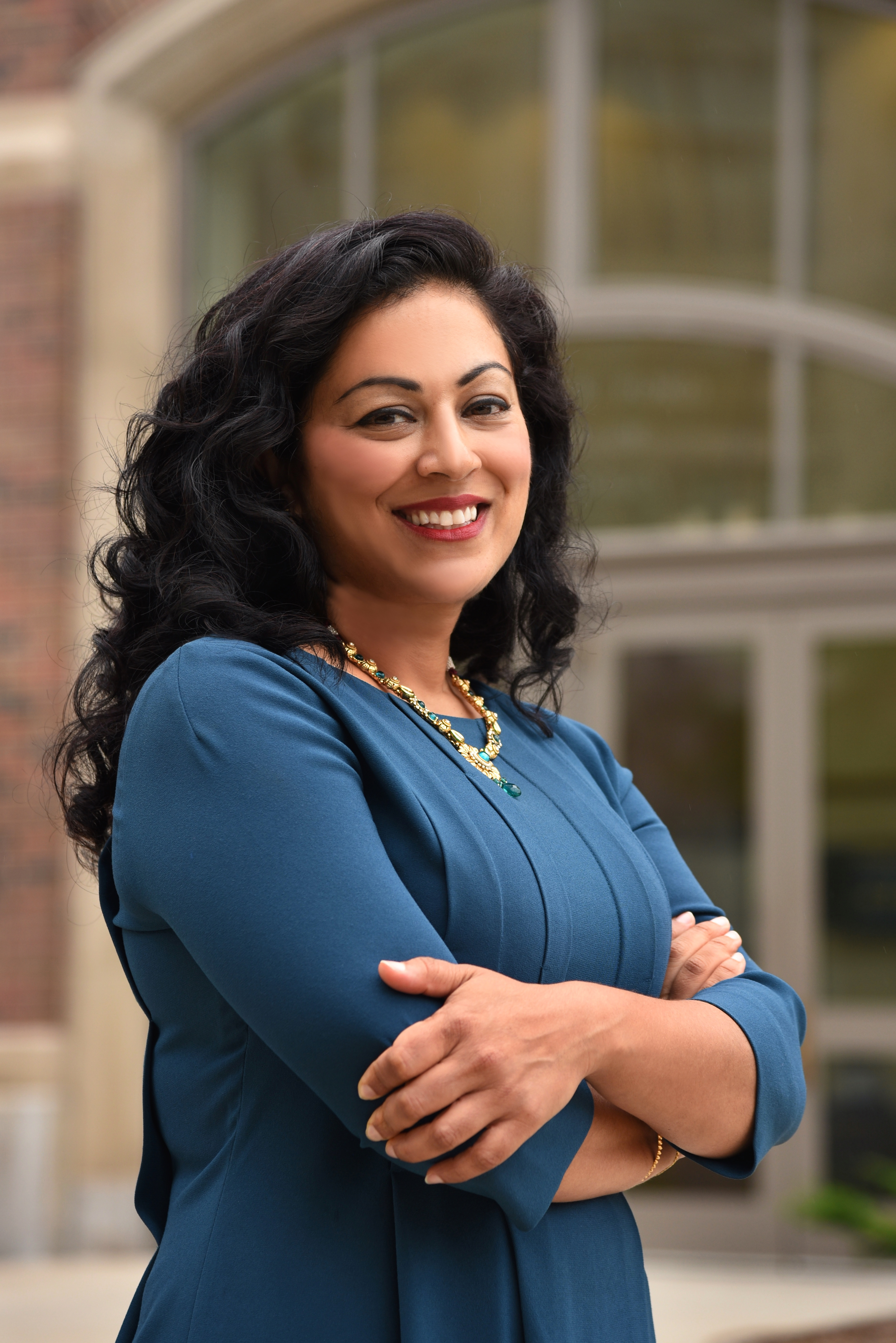Shobita Parthasarathy
Professor of Public Policy and Women’s and Gender Studies & Author
 Shobita Parthasarathy is Professor of Public Policy and Women’s and Gender Studies, and co-founder and Director of the Science, Technology, and Public Policy Program at University of Michigan. Her research examines the political economy of innovation and innovation policy focusing on equity and justice, and the politics of knowledge and expertise in public policymaking. She often takes a cross-national or international perspective in her research, and has published widely on genetics and biotechnology, intellectual property, innovation policy, and artificial intelligence. She is the author of numerous scholarly articles and two books: Building Genetic Medicine: Breast Cancer, Technology, and the Comparative Politics of Health Care (MIT Press, 2007) and Patent Politics: Life Forms, Markets, and the Public Interest in the United States and Europe (University of Chicago Press, 2017). The former influenced the 2013 US Supreme Court case that determined human genes were not patentable; the latter won the 2018 Robert K. Merton Award from the American Sociological Association. Her current book project examines the history and consequences of “tech for good” initiatives around the world. She writes frequently for public audiences and also advises policymakers; in 2021, for example, she testified twice in front of the US Congress on equity in energy innovation. She co-hosts The Received Wisdom podcast on issues at the intersection of science, technology, policy, and society. She has held fellowships from the American Council for Learned Societies, the Woodrow Wilson International Center for Scholars, American Bar Foundation, and Max Planck Institute for Innovation and Competition, The National Science Foundation, Wellcome Trust (UK), Ford Foundation, and Sloan Foundation have supported her research. She holds a Bachelor’s degree in Biology from University of Chicago, and Masters and PhD degrees in Science and Technology Studies from Cornell University.
Shobita Parthasarathy is Professor of Public Policy and Women’s and Gender Studies, and co-founder and Director of the Science, Technology, and Public Policy Program at University of Michigan. Her research examines the political economy of innovation and innovation policy focusing on equity and justice, and the politics of knowledge and expertise in public policymaking. She often takes a cross-national or international perspective in her research, and has published widely on genetics and biotechnology, intellectual property, innovation policy, and artificial intelligence. She is the author of numerous scholarly articles and two books: Building Genetic Medicine: Breast Cancer, Technology, and the Comparative Politics of Health Care (MIT Press, 2007) and Patent Politics: Life Forms, Markets, and the Public Interest in the United States and Europe (University of Chicago Press, 2017). The former influenced the 2013 US Supreme Court case that determined human genes were not patentable; the latter won the 2018 Robert K. Merton Award from the American Sociological Association. Her current book project examines the history and consequences of “tech for good” initiatives around the world. She writes frequently for public audiences and also advises policymakers; in 2021, for example, she testified twice in front of the US Congress on equity in energy innovation. She co-hosts The Received Wisdom podcast on issues at the intersection of science, technology, policy, and society. She has held fellowships from the American Council for Learned Societies, the Woodrow Wilson International Center for Scholars, American Bar Foundation, and Max Planck Institute for Innovation and Competition, The National Science Foundation, Wellcome Trust (UK), Ford Foundation, and Sloan Foundation have supported her research. She holds a Bachelor’s degree in Biology from University of Chicago, and Masters and PhD degrees in Science and Technology Studies from Cornell University.
TOPICS: Policy, AI, STEM, Environmental Justice, and Health
